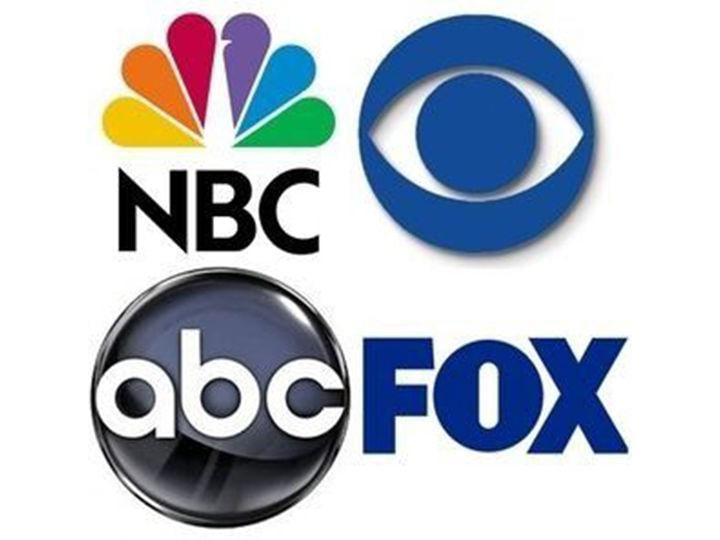US upset over 4 TV networksT&T placed on watch list
Trinidad and Tobago has been put back on to a watch list by the Office of the United States Trade Representative (USTR) for the failure by the Telecommunications Authority of Trinidad and Tobago (TATT) to take enforcement actions against local cable operators broadcasting US free-to-air networks locally without authorisation.
The four US networks at the centre of the imbroglio are ABC, CBS, NBC and Fox.
News of T&T’s placement on the watch list comes from the annual USTR report entitled Special 301 Report on Intellectual Property Protection and Review of Notorious Markets for Counterfeiting and Piracy.
T&T and Barbados join 32 other countries that were placed by the USTR on either a priority watch list or a watch list in the report, which was released yesterday.
Countries on the priority watch list are: Algeria, Argentina, Chile, China, India, Indonesia, Russia, Saudi Arabia, Ukraine and Venezuela.
On the watch list are: Barbados, Bolivia, Brazil, Canada, Colombia, Dominican Republic, Ecuador, Egypt, Guatemala, Kuwait, Lebanon, Mexico, Pakistan, Paraguay, Peru, Romania, Thailand, Trinidad and Tobago, Turkey, Turkmenistan, the United Arab Emirates, Uzbekistan and Vietnam.
The section of the report that deals with T&T states that the country was removed from the watch list in 2016, after it took steps to enforce an agreement it entered into with domestic broadcasters for the protection of intellectual property (IP).
The agreement prohibits those broadcasters from transmitting any programme, information, or other material without first obtaining all required permissions from the relevant IP right holders.
In the T&T section, the USTR report states that, in 2016, local cable and satellite services removed a number of unauthorised channels, and TATT pledged to take further enforcement action.
The USTR report states: “Yet, progress has stalled since 2016, after TATT exercised forbearance on enforcement against operators that continue to retransmit US over-the-air broadcast signals without authorisation.
“In October 2019, the United States welcomed an announcement that TATT was ending the forbearance period by the end of the year.
“However, since that announcement, TATT has extended this forbearance period at least two times, most recently to July 31, 2020.
“Moreover, the United States remains concerned about the lack of enforcement action against companies in Trinidad and Tobago violating the agreement, particularly the two State-owned telecommunications networks that broadcast unlicensed US content.”
The reference to two State-owned telecommunications networks is believed to be to Amplia and TSTT. TSTT acquired 100 per cent of the shareholding of Massy Communications Ltd, which was renamed Amplia on July 31, 2017, for $215 million.
A spokesperson for the Telecommunications Authority said the Express should discuss the USTR findings with the Intellectual Property Office “as the reasons do not refer to TATT only.”
According to the USTR report, the other concerns of the US Intellectual Property authorities include “optical disc music and video piracy and non-payment of copyright royalties, as well as online piracy and counterfeit pharmaceuticals and other goods.”
With regard to the consequences of T&T being placed on the watch list, the report states: “The United States will engage with Trinidad and Tobago to monitor enforcement of the agreement with broadcasters to combat the transmission of unauthorised content and to seek progress on other IP issues.”
The executive summary of the report states: “For countries failing to address US concerns, USTR will take appropriate actions, which may include enforcement actions under Section 301 of the Trade Act or pursuant to World Trade Organisation (WTO) or other trade agreement dispute settlement procedures.”
Section 301 of the US Trade Act, originally passed in 1974, allows the USTR to impose the following retaliatory actions to remedy a foreign trade practice:
• Impose duties or other import restrictions,
• Withdraw or suspend trade agreement concessions, or
• enter into a binding agreement with the foreign government to either eliminate the conduct in question (or the burden to US commerce) or compensate the United States with satisfactory trade benefits.
Source:
https://trinidadexpress.com/business/lo ... d2bd9.html



